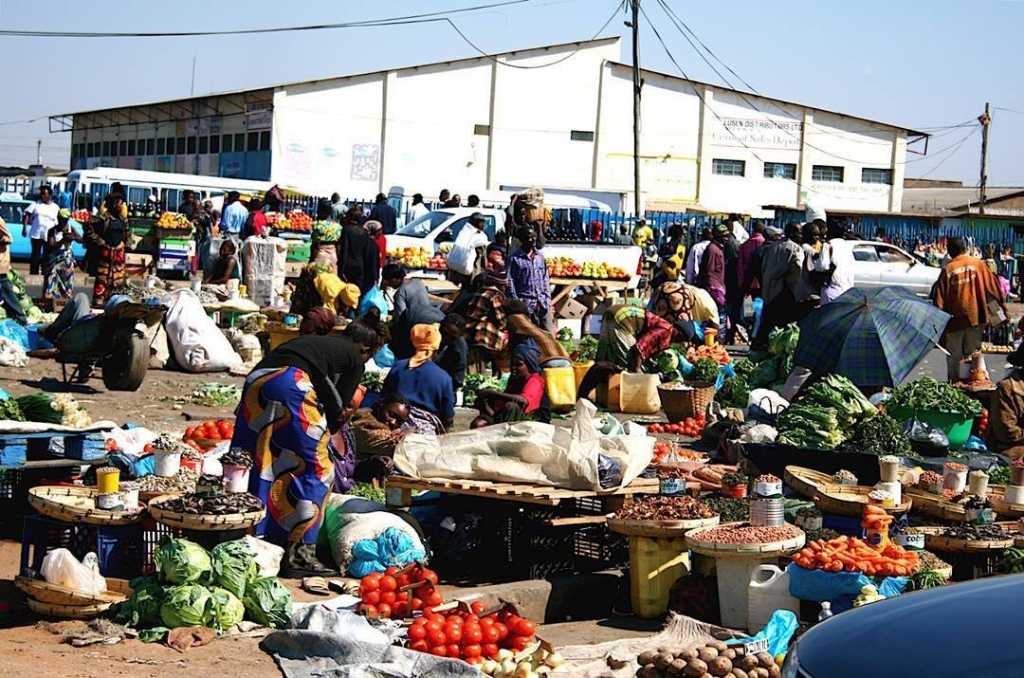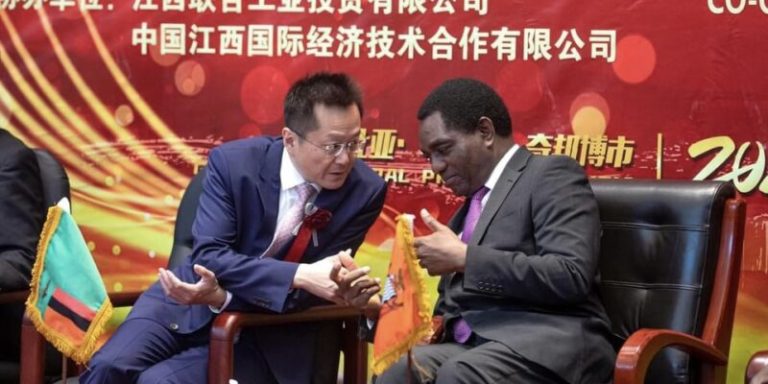
For many street vendors, street vending is not a choice, but a means of survival, a life where one must convince potential customers to buy, even in the face of disinterest.
By Dr. Mwelwa | WD Columnist.
Lusaka, July 20th – In the vibrant streets of Zambia, the heart of commerce beats through the hands of street vendors. For years, these tireless individuals have brought goods and services closer to the people, offering convenience and a means of survival for many struggling families.
However, recent developments have seen a shift in the dynamics of street vending, leaving behind a trail of questions, concerns, and even political debates. Some argue that the recent move to remove street vendors from the bustling streets is a positive step towards order and public health.
They advocate for designated markets, where vendors can operate in a controlled environment, ensuring cleanliness and preventing the potential outbreak of diseases. These proponents believe that by relocating vendors, the government is promoting a sense of organization that will benefit the country as a whole.
But for others, the situation is not so black and white. Many street vendors, who have now been displaced, are left in a state of uncertainty. With no alternative source of income in sight, their struggle for survival becomes even more challenging.
Also Read: UPND and its baffling performance! – Chishala Kateka.
The opposition political parties, see this as an opportunity to gain political mileage, highlighting the skyrocketing cost of living and the high unemployment rates. They question the government’s decision to remove vendors without providing viable alternatives or support systems for these struggling families.
In the midst of this political expediency and the quest for the rule of law, citizens find themselves torn. On one hand, there is a desire for a clean and orderly town, where the chaos of street vending is controlled. On the other, there is an undeniable reality that people are hungry and desperate for ways to survive.
The small markets, intended to accommodate vendors, fall short in meeting the needs of an increasing population. While the government aims for a clean town, it must also recognize the importance of creating alternative platforms for those affected by this decision.
For many vendors, street vending is not a choice, but a means of survival. It is a life where one must convince potential customers to buy, even in the face of disinterest. Behind the scenes, a vendor’s solitary wish is to have a sale, ensuring there is food on the table for their family.
Some politicians, who have experienced this life firsthand, understand the benefits that street vending can bring to those with limited capital. Yet, they now seem to turn a blind eye, pretending not to understand the struggles of those they once resembled.
Also Read: Zambia is in a crisis. By Chishala Kateka.
In this complex situation, it is essential to view the matter with patriotic eyes rather than through political lenses. The country stands at a crossroads, grappling with the question of whether removing vendors from the streets is a punishment to struggling families or a measure to restore order and hygiene.
Solutions that should be sought must encompass the needs of both sides, ensuring that the streets remain clean, while also providing avenues for economic survival.
As we ponder these questions, let us imagine the late Michael Sata, MHSRIP, a fearless leader who understood the plight of the common people. How would he react to these developments?
Perhaps he would construct a makeshift stand on Freedom Way and await the arrival of the police, determined to make his political stance known. The current politicians, in comparison, seem too afraid to take such bold steps.
The challenges ahead are undeniable, but they can also be a catalyst for creative solutions. It is time to think outside of the box, to find innovative ways to support both a clean, organized town and the survival of struggling families.
Also Read: UPND’s political strategy to weaken the strongest opposition.
Let us approach this situation with objectivity and a touch of compassion, remembering that behind every decision lies the fate of real people with real needs. Together, we can shape a future that balances order and compassion, creating a society where both the streets and its people can thrive.
About The Author: Dr. Lawrence Mwelwa is a respected academician, a former Vice Chancellor, a politician and revolutionary writer.
You can follow Woodpecker’s Digest on Twitter and Facebook. Remember to add to the comments below to share your thoughts.
©2023 Woodpecker’s Digest.
Putting news into perspective








